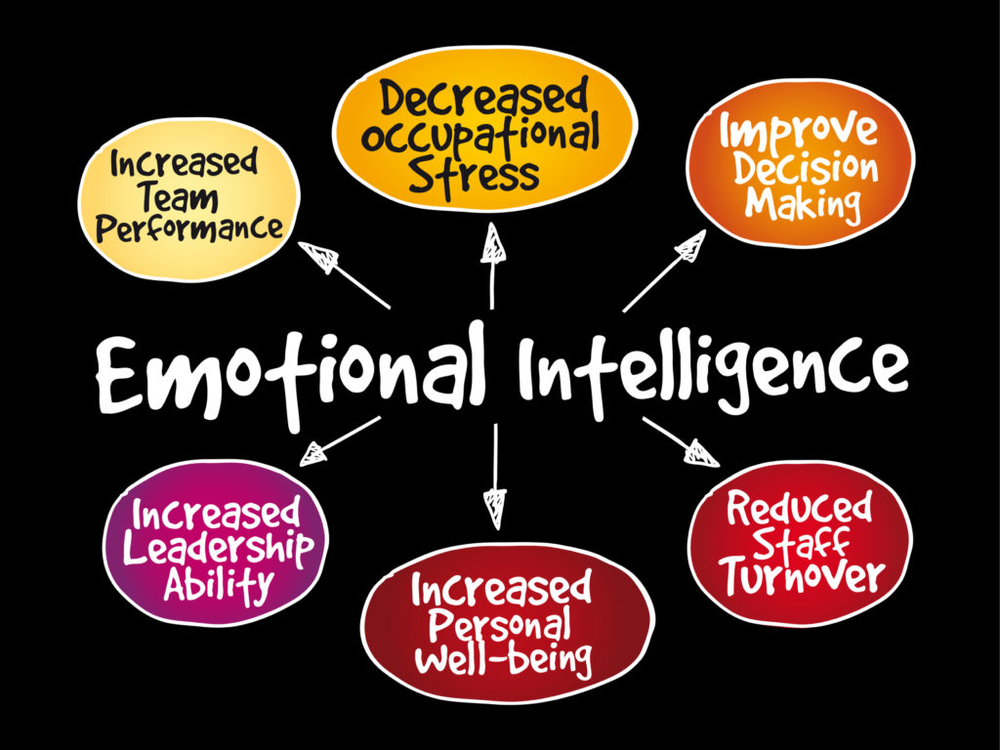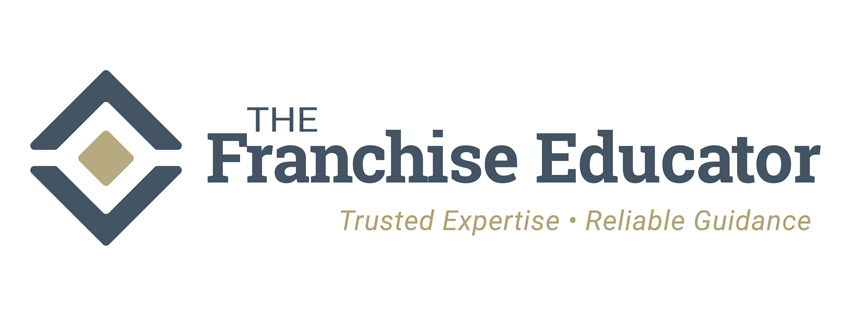How Can Emotional Intelligence in Searching for a Franchise Business Make You a Better Owner

“The first thing you have to know is yourself. A man who knows himself can step outside himself and watch his own reactions like an observer.”nn― Adam SmithnnnIf you are thinking of achieving independence through business ownership, a good place to start is with who you are and what you are trying to accomplish. Most of my consulting work revolves around helping people define their search criteria in identifying franchise businesses that can help them achieve their goals. If you are interested in knowing yourself better and what kind of business owner you might be – read on or send me an email and I would be happy to send you more information that may be useful. nnnAn important component of defining search criteria for a client is achieved through Emotional Intelligence – EQ – which is a relatively recent behavioral model, rising to prominence with Daniel Goleman and Richard Boyatzis’ ground breaking work. The early Emotional Intelligence theory was originally developed during the 1970s and 80s by the work and writings of psychologists Howard Gardner (Harvard), Peter Salovey (Yale) and John ‘Jack’ Mayer (New Hampshire). Emotional Intelligence is increasingly relevant to organizational development and developing people, because the EQ principles provide a new way to understand and assess people’s behaviors, management styles, attitudes, interpersonal skills, and potential. Emotional Intelligence is an important consideration in human resources planning, job profiling, recruitment interviewing and selection, management development, customer relations and customer service, and more.nnnEmotional Intelligence links strongly with concepts of love and spirituality: bringing compassion and humanity to work, and also to ‘Multiple Intelligence’ theory which illustrates and measures the range of capabilities people possess, and the fact that everybody has a value.nnnThe EQ concept argues that IQ, or conventional intelligence, is too narrow; that there are wider areas of Emotional Intelligence that dictate and enable how successful we are. Success requires more than IQ (Intelligence Quotient), which has tended to be the traditional measure of intelligence, ignoring essential behavioral and character elements. We’ve all met people who are academically brilliant and yet are socially and inter-personally inept. And we know that despite possessing a high IQ rating, success does not automatically follow.nnnDifferent approaches and theoretical models have been developed for Emotional Intelligence. This summary article focuses chiefly on the Goleman interpretation. The work of Mayer, Salovey and David Caruso (Yale) is also very significant in the field of Emotional Intelligence, and will in due course be summarized here too.n nEmotional Intelligence – two aspectsnnThis is the essential premise of EQ: to be successful requires the effective awareness, control and management of one’s own emotions, and those of other people. EQ embraces two aspects of intelligence:
-
- n
- Understanding yourself, your goals, intentions, responses, behavior and all.
- Understanding others, and their feelings.
n
nEmotional Intelligence – the five domainsnnGoleman identified the five ‘domains’ of EQ as:nnn1. Knowing your emotions.nn2. Managing your own emotions.nn3. Motivating yourself.nn4. Recognizing and understanding other people’s emotions.nn5. Managing relationships.nnnEmotional Intelligence embraces and draws from numerous other branches of behavioral, emotional and communications theories, such as NLP (Neuro-Linguistic Programming), Transactional Analysis, and empathy. By developing our Emotional Intelligence in these areas and the five EQ domains we can become more productive and successful at what we do, and help others to be more productive and successful too. The process and outcomes of Emotional Intelligence development also contain many elements known to reduce stress for individuals and organizations, by decreasing conflict, improving relationships and understanding, and increasing stability, continuity and harmony.
Where does a business fit into your plan?
To email me please click on the icon below:






